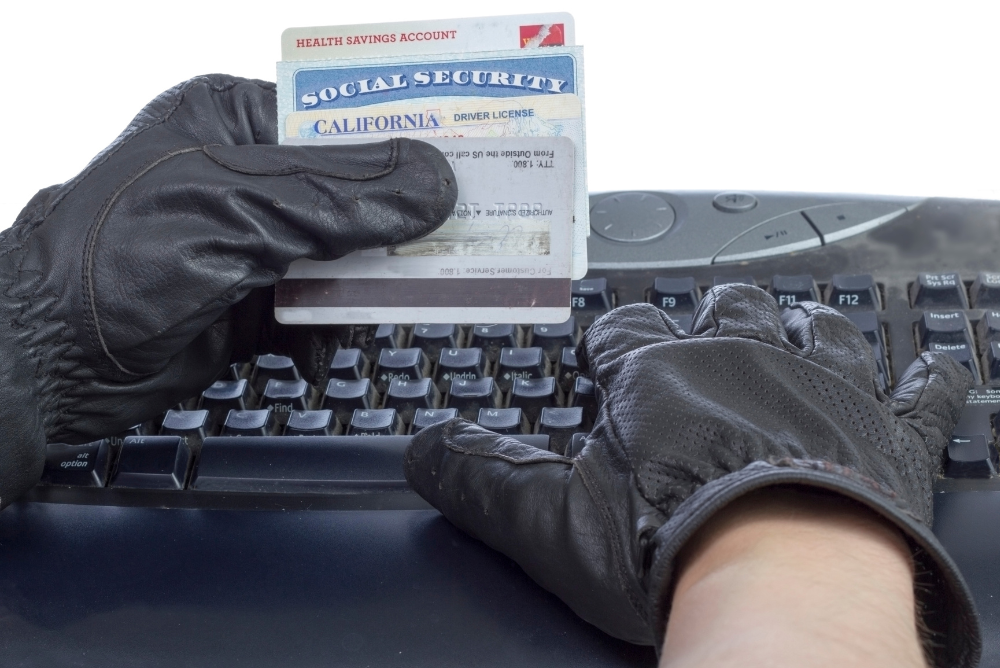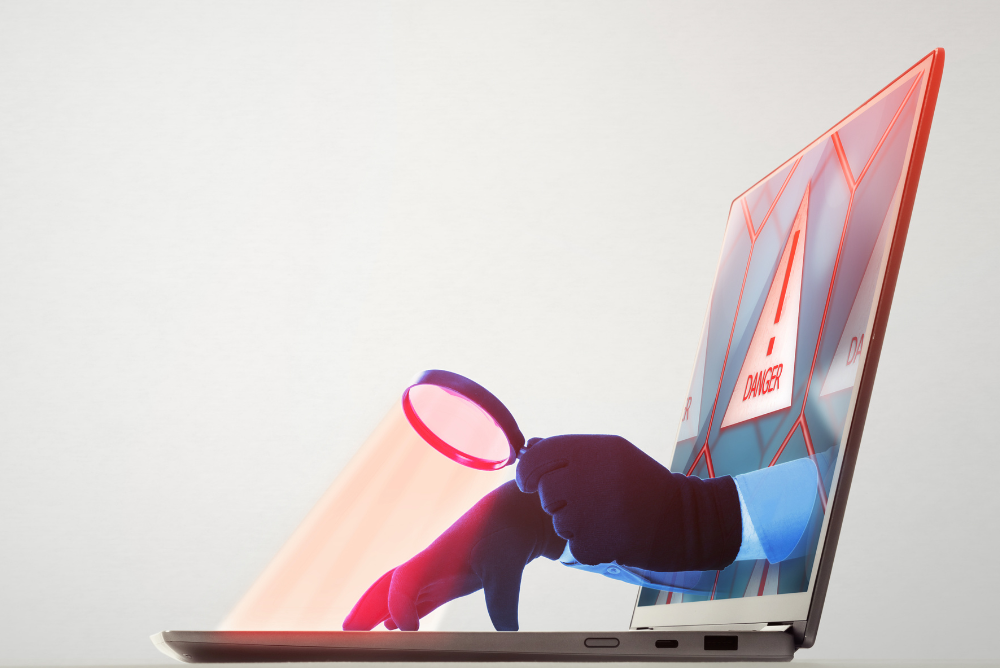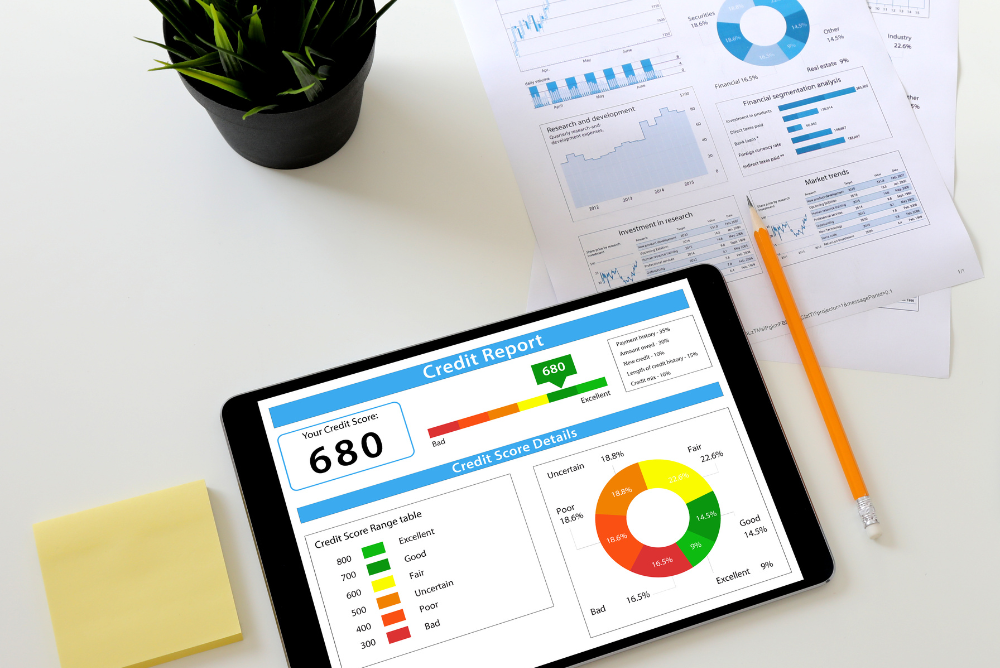HOW TO PROTECT YOURSELF FROM IDENTITY THEFT AND ONLINE FRAUD: 20 GREAT TIPS

Wondering how to keep your personal information safe and secure? How to protect yourself from identity theft and online fraud?
Hey there!
As you may know, I’m all about using technology for good, but unfortunately, there are always those out there who try to use it for nefarious purposes. One of those nefarious purposes is identity theft and online fraud.
Identity theft is when someone takes your personal information, such as your name, Social Security number, or credit card information, and uses it to pretend to be you.
This can be used to apply for new credit card accounts, take out loans, or even commit crimes in your name. It’s a serious problem that can ruin your credit and take years to fix.
Online fraud is a related problem that involves using the internet to scam people out of their money. This can take many forms, such as phishing scams, fake online stores, or even social media scams.
In these cases, the goal is to trick you into giving away your personal information or money, often by pretending to be a legitimate company or person.
I’m here to share some tips on how to protect yourself from identity theft and online fraud. It’s more important than ever to keep your personal information safe and be careful when doing business online.
Warning Signs for Victim of Identity Theft
If you’re reading this, chances are you’re worried about identity theft, and you want to know what to look out for. Well, you’ve come to the right place.
Here are some warning signs that you may be a victim of identity theft:
- You start receiving bills or statements for unfamiliar accounts or charges.
- You start getting calls or letters from collection agencies about debts that you don’t owe.
- You notice new credit accounts or charges on your credit report.
- You are denied credit or loans for no apparent reason.
- You start getting mail or emails from unfamiliar businesses or organizations.
If you notice any of these warning signs, it’s important to take action immediately. Here are some steps you can take:
- Contact your bank and credit card company to report the fraud and close any accounts that have been hacked.
- File a report with the Federal Trade Commission (FTC) and your local police department.
- Place a fraud alert on your credit reports.
- Monitor your credit reports regularly to check for any unauthorized activity.
By taking these steps, you can help protect yourself from identity theft and prevent further damage to your finances and reputation. Stay vigilant and stay safe!
How can someone steal your identity online?
Phishing: This involves tricking you into giving out your personal information by pretending to be a legitimate company or organization. The attacker may send you an email or message that looks legitimate, but is actually designed to steal your information.
Malware: This is a type of software that is designed to infiltrate your computer or device and steal your personal information. It can be delivered through a variety of means, such as email attachments, fake downloads, or infected websites.
Social engineering is when someone uses trust or a sense of urgency to trick you into giving out your personal information. An attacker could, for example, pretend to be from a bank and ask you to confirm your account information.
Data breaches: If a company or organization you do business with experiences a data breach, your personal information could be exposed. This can include your name, address, Social Security number, and financial information.
Oversharing: Because social media is such an integral part of many of our lives, it is simple to share images, videos, posts, and other personal information. Unfortunately, it makes it too easy to share, and hackers may exploit that information to steal your identity.

Simple Steps to Protect Yourself from Identity Theft
- Use strong, unique passwords for all of your accounts. Avoid using easily guessable information, such as your name or birthdate. Avoid using the same password for multiple accounts. Consider using a password manager to create strong passwords and store them in a safe place.
- Enable two-factor authentication whenever possible. This adds an extra layer of security to your accounts by requiring you to enter a code sent to your phone or email in addition to your password.
- Be careful what you click on. Don’t open emails or click on links from unfamiliar senders, and be wary of any website that asks for personal information, especially in emails or messages from unknown sources. These can often have malware on them that can steal your personal information or infect your device.
- Use a secure internet connection. Avoid using public Wi-Fi networks to conduct sensitive activities like online banking or shopping. These networks can be unsecured and prone to cyberattacks.
- Keep your computer and software up to date. Make sure you have the latest security patches and updates installed to protect against the latest threats. These updates often include fixes for vulnerabilities that could be exploited by hackers and scammers.
- Use a firewall to protect your computer from external threats. A firewall is a piece of software that helps keep people from getting into your computer without your permission.
- Don’t overshare personal information online. Be mindful of what you post on social media or other online platforms, as this information could be used by identity thieves to impersonate you.
- Use a credit card instead of a debit card when shopping online. Credit cards offer more protection against fraud than debit cards.
- Use a virtual private network (VPN) when browsing the internet. A VPN encrypts your internet connection and makes it harder for people to keep track of what you do on the internet.
- Be cautious when shopping online. Only shop on websites that you trust, and be sure to use secure payment methods.

- Regularly check your credit reports and financial statements for any unauthorized activity. If you do notice anything suspicious, report it to your bank or financial institution immediately.
- Monitor your bank and credit card statements regularly. Look for any unauthorized charges or transactions. If you notice any suspicious activity, report it to your bank or credit card company immediately.
- Use a shredder to destroy sensitive documents. This will help prevent identity thieves from getting their hands on your personal and financial information.
- Don’t give out personal information over the phone unless you initiated the call and trust the person you are speaking with.
- Use a mail forwarding service or a PO Box instead of giving out your home address.
- Enable privacy settings on your social media accounts. This will help prevent your personal information from being shared with third parties.
- Be careful what you download. Only download software and apps from trusted sources.
- Use a spam filter to block spam emails from reaching your inbox.
- Keep your driver’s license, passport, social security card, and other documents that show who you are in a safe place.
- Consider freezing your credit with the major credit bureaus Equifax, Experian, or TransUnion. This will prevent anyone from opening new accounts or making changes to your existing accounts without your permission.
Final Thoughts- How to Protect Yourself From Identity Theft and Online Fraud
Protecting yourself from identity theft and online fraud is a must in our digital age. It’s important to be aware of the risks, stay up to date on the latest scams, and take pre-emptive steps to keep your personal information safe. Even if you think you are too smart or cautious to fall for a scam, it only takes one mistake for something bad to happen. So don’t let your guard down, and use these 20 tips as a go-to guide for staying secure online.
So stay vigilant and don’t let those villains win!
Are you concerned about the security of your business or personal information online? Let the experts at Cyb-Uranus help you protect yourself against cyber threats. We have the tools and knowledge to keep your data safe. Contact us today to learn more about how we can help you secure your online presence.

